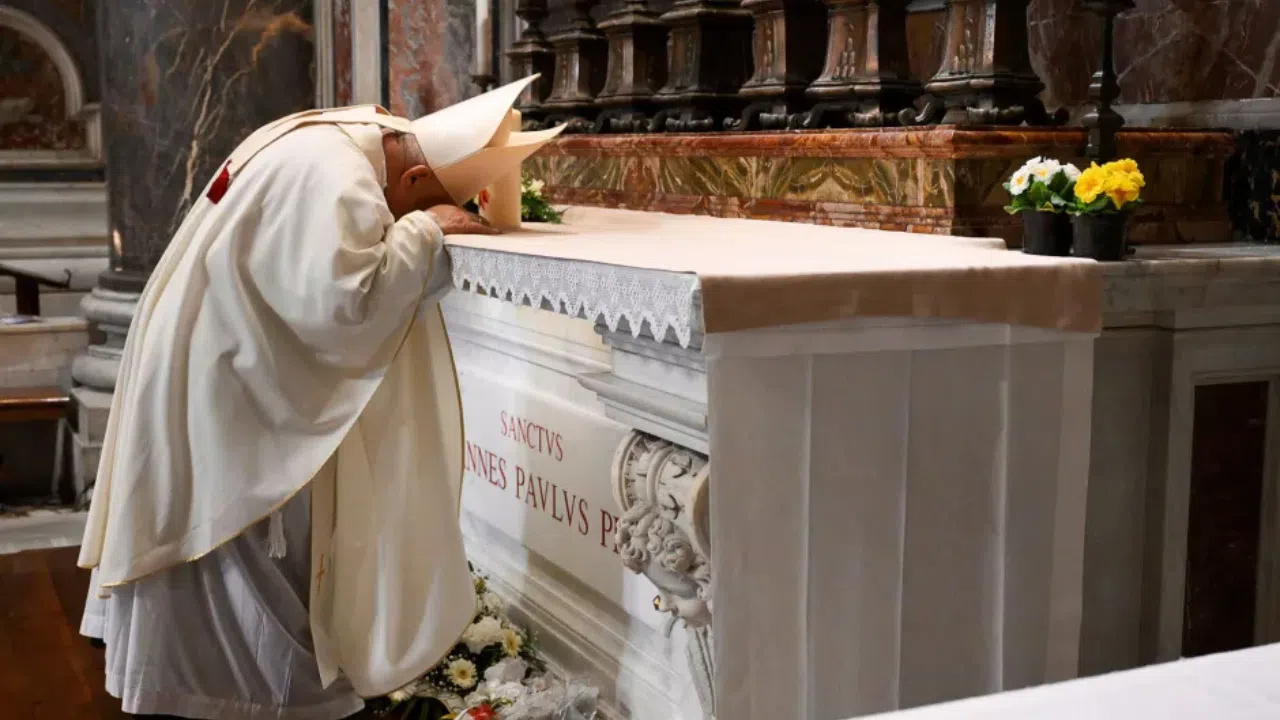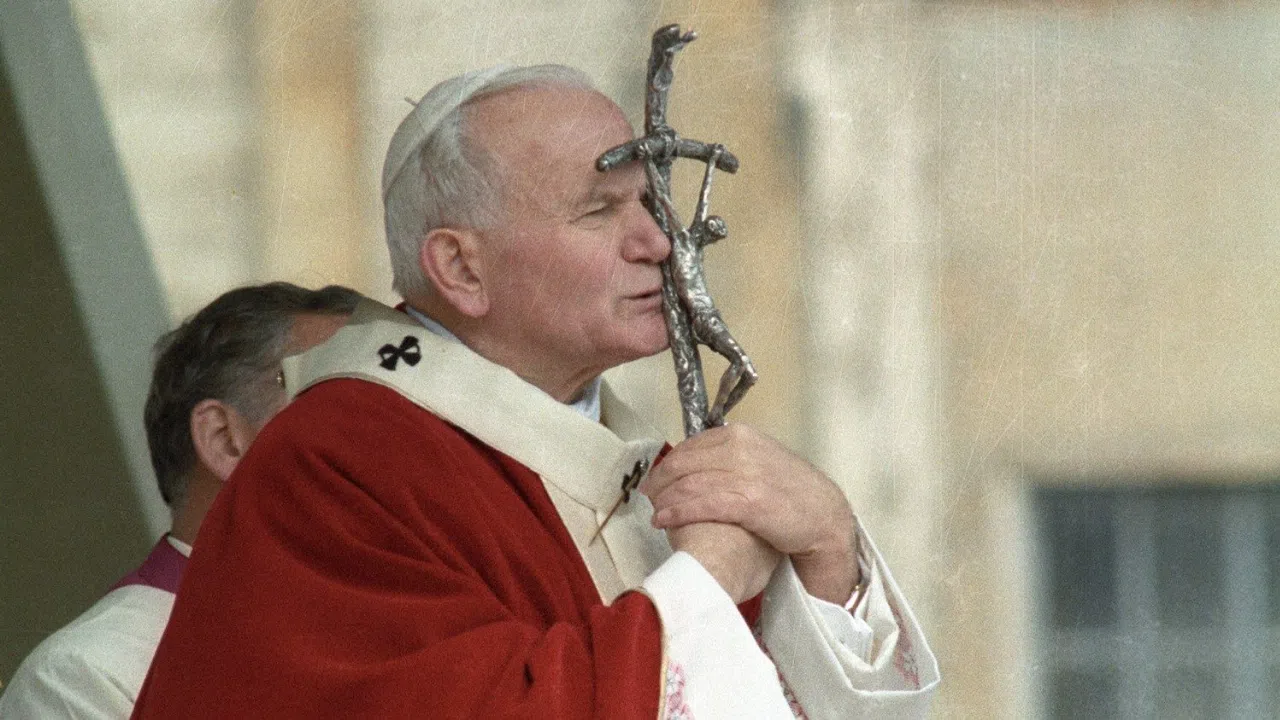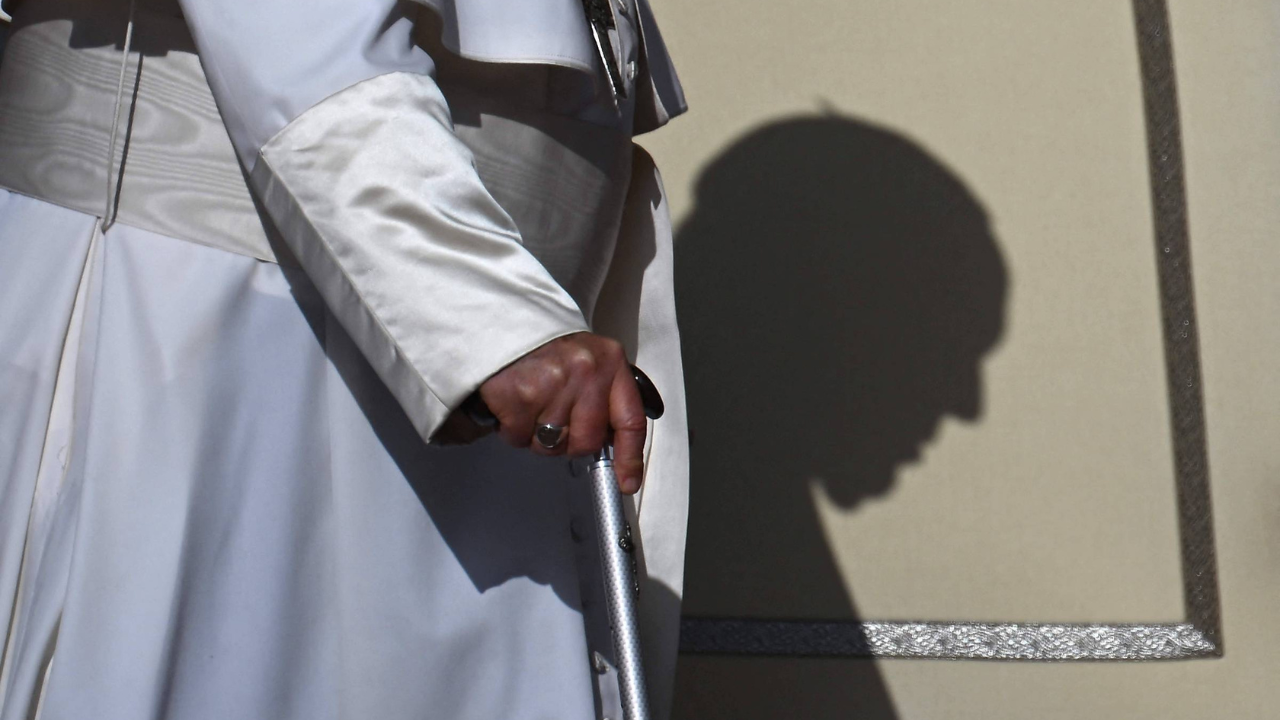“The pain of the victims and their families is also our pain,” says Pope Francis in this letter written to the people of God which states, “With shame and repentance, we acknowledge as an ecclesial community that we were not where we should have been, that we did not act in a timely manner, realizing the magnitude and the gravity of the damage done to so many lives. We showed no care for the little ones; we abandoned them.”
The Holy Father recognizes the wounds caused by sexual abuse “never go away.” He makes it clear that “no effort to beg pardon and to seek to repair the harm done will ever be sufficient,” and “no effort must be spared to create a culture able to prevent such situations from happening, but also to prevent the possibility of their being covered up and perpetuated.”
Pope Francis' message is blunt: “The heart-wrenching pain of these victims, which cries out to heaven, was long ignored, kept quiet or silenced.”
To prevent this from happening again, the pope proposes putting an end to the culture of omission as a response, and implementing one of solidarity that seeks to “condemn whatever endangers the integrity of any person.” Thus, he calls for the engagement of all, saying, “The only way that we have to respond to this evil that has darkened so many lives is to experience it as a task regarding all of us as the People of God.”
The Holy Father blames clericalism on “a peculiar way of understanding the Church’s authority,” an underlying problem that “supports and helps to perpetuate many of the evils that we are condemning today.” He asserts, “To say 'no' to abuse is to say an emphatic 'no' to all forms of clericalism.”
Pope Francis says it's essential that “we, as a Church, be able to acknowledge and condemn, with sorrow and shame, the atrocities perpetrated by consecrated persons, clerics, and all those entrusted with the mission of watching over and caring for those most vulnerable.” Thus, the pope calls the Church to “beg forgiveness for our own sins and the sins of others.”
To conclude, from a spiritual perspective, the Holy Father suggests an attitude of penitential prayer and fasting so that “we may grow in the gift of compassion, in justice, prevention and reparation” as a way of “combatting all forms of the abuse of power, sexual abuse and the abuse of conscience.”














